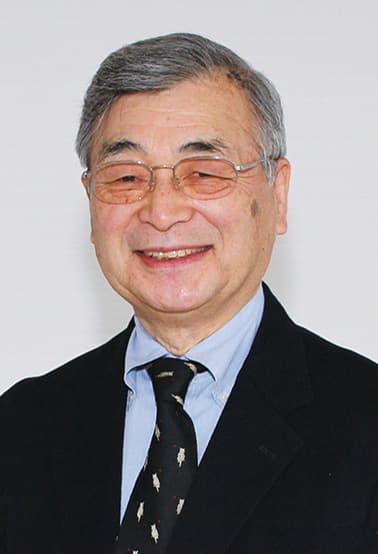Message
Find a way to be free from preconceptions
My philosophy of education (Teaching Philosophy) is to "create" the classes with graduate students. In our classes, we cultivate the spirit of liberal arts, which is free from prejudice, in order to create new things. To this end, I believe that it is the duty of teachers to prepare a learning environment. I believe that teachers learn and grow in the same way. Many promising and outstanding students with diverse backgrounds are entering The Kyoto College of Graduate Studies for Informatics. This is a treasure trove of potential. Until now, problem-solving learning has been required in universities. What is required of graduate students is the task of discovery learning. This is because graduate students will have to lead society as new leaders after completing their studies.Not only do you have to do the task, but you have to acquire the ability to discover new tasks by yourself. The students of The Kyoto College of Graduate Studies for Informatics are in a better environment than anyone else. This is because it is easy to acquire specialized knowledge in IT, and by making full use of it, we can boldly challenge the unknown world. I have been promoting the "Dai-sha cooperation". That is, cooperation between Daigaku (universities) and Shakai (society). In the future, we will aim for collaboration between graduate schools and society (enterprise).
My dream is to form a learning community that values communication with the students of The Kyoto College of Graduate Studies for Informatics and to "create" learner-centered classes together.Please help me realize my dream.
